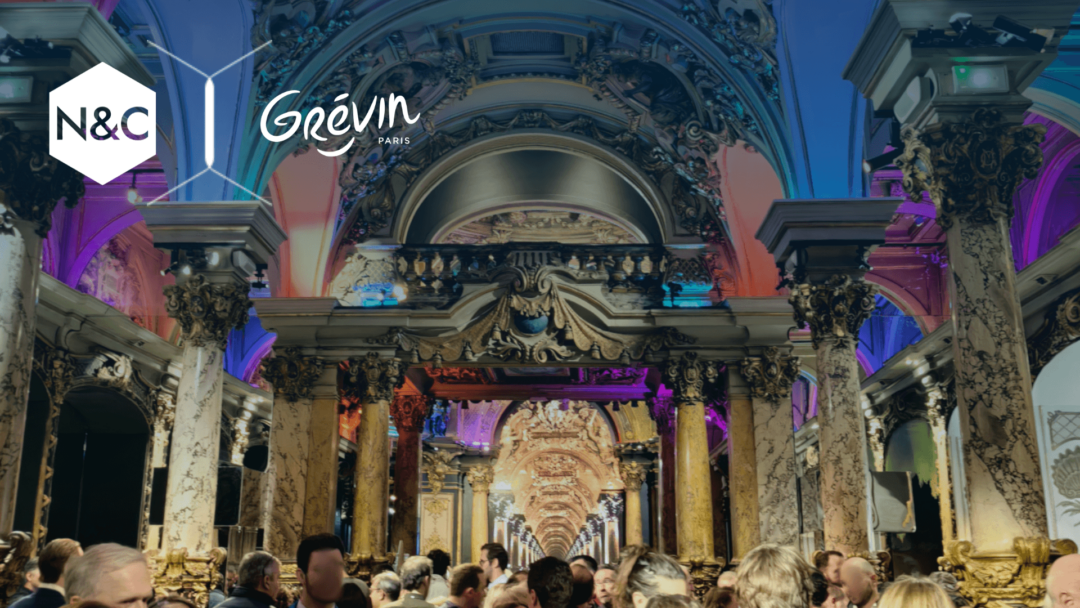Following the renovation work at the Stade Vélodrome, Marseille City Council has decided to increase its rental rates by 430% for Olympique de Marseille matches in the 2014-2015 season. Naturally, the OM president refused and made statements to the press to the effect that he was looking for a new stadium for the 2014-2015 season.
Marseille playing in Toulon or Nice… Let’s face it, it makes you smile, but at least we would have had a bit of entertainment in the stands! I say ‘would have’ because I have no doubt that a reasonable price will finally be found and that Marseille will once again be playing in France’s most legendary stadium.
The principle of Cost+
Nevertheless, we can clearly see the logic behind Marseille City Council’s pricing: ‘I have to pay €10m a year to the Arema consortium, I’m going to recoup around €2m a year through the naming of the stadium, I have a client who rents me my stadium 21 dates* a year, so the rental price for a Marseille match is €380,000’.
What a fine example of the Cost+ principle; that’s forgetting the 3 other criteria that go into constructing a price:
- Competition, to be in line with market prices
- Demand pressure, to estimate the capacity to fill the stadium
- Product developments, to include in the price what can be included, whether hard or soft (physical product or service).
And just like in the 4-quart recipe, it’s the sum of these 4 elements in similar proportions that gives that ‘come again’ taste. On the other hand, too much of one element, or even one element alone, and it’s indigestible.
A price only worth if it is purchased
It’s also forgetting that it’s the customer who dictates the price. The Pricer, in his office, can decide on a price, but if it is not bought, that price is worth nothing. In the example of Marseille, it’s easy to set a price of €380,000 for an evening, but selling that price, as we can see, is much more complicated. There is no demand. There is no customer. There isn’t a football team in Marseille prepared to pay 8 times more than the biggest French clubs (Paris, Lyon).
The Pricer’s interest is not in charging 3% above cost (everyone knows how to do that) but in finding the maximum price the customer is prepared to pay, with a single aim: to sell. And to improve revenue still further, he can be helped by the other departments (Marketing, Operations, Product Manager) who will try to increase the value perceived by the customer.
So I can only imagine the financial man when the Pricer tells him that he can expect 8 times less than expected… Hence the importance, for us Pricer Revenue Managers, of being involved as early as possible in these business decisions. This would have prevented the taxpayer from footing the bill once again…
On a more serious note, when we set our prices, let’s be careful not to add 3% to all our rates in order to reach our budget targets, let’s be careful not to increase rooms by €50 because the TVs have been changed, let’s be careful not to increase prices because we’ve just signed a deal with Booking, because you run the risk of being out of the market and losing everything.
In my opinion, it’s better to be at 97% of target than at 0.
When it comes to pricing, there is only one judge: the customer who buys.
* A ‘Plus’ would mean that OM would go far in the European Cup and in the National Cups, which is highly unlikely, according to all the Bordeaux supporter blood that runs through my veins.
Keywords: Revenue Management, Pricer, Marseille, Vélodrome, Cost+, Cost+.


